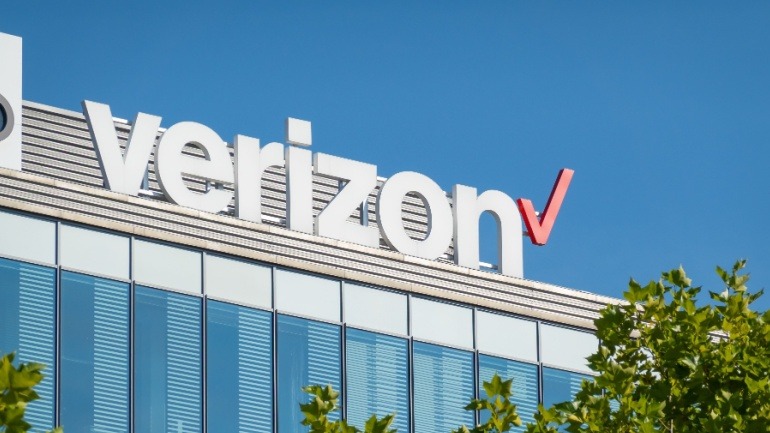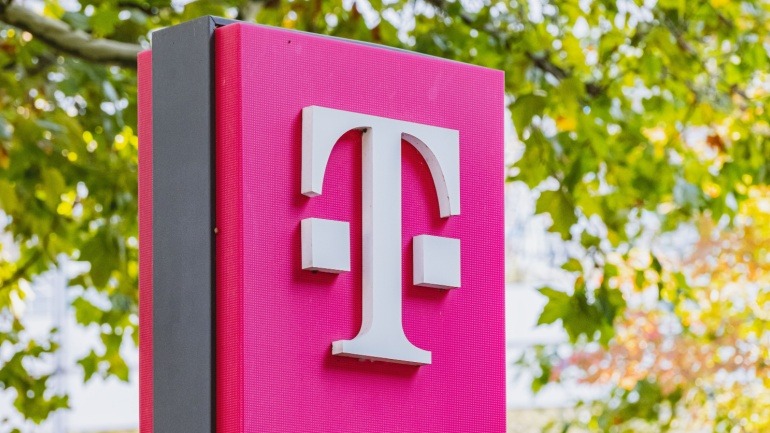The U.S. Department of Justice (DOJ) has given its approval for T-Mobile US‘s $4.4 billion acquisition of UScellular‘s wireless business. This decision came shortly after T-Mobile announced it would cease its diversity, equity, and inclusion (DEI) initiatives.
While the antitrust division had concerns regarding market competition and spectrum concentration, it concluded that the benefits of the deal outweighed potential negatives. Assistant Attorney General Gail Slater remarked, “UScellular simply could not keep up,” referring to its lack of competitive edge due to limited investment capacity.
New Street Research’s Policy Advisor Blair Levin echoed these concerns, noting that UScellular was losing subscribers to larger carriers and had higher prices due to its lack of scale. He also suggested that this acquisition wouldn’t significantly impact underserved or rural communities, which may come as a relief to those areas.
This transaction, announced in May 2024, encompasses most of UScellular’s assets, including customers, stores, and about 30% of its spectrum holdings.
Slater highlighted the dominant hold of the top three operators on over 90% of the country’s mobile subscriptions. She warned of the risks posed by ongoing spectrum consolidation among these carriers. A viable fourth national competitor could introduce more innovation and options for consumers. Slater assured that the DOJ would continue to scrutinize future spectrum deals to prevent market monopoly.
Levin, however, voiced skepticism about the emergence of a viable fourth national carrier, like Dish. He stated, “The path to a successful business is narrow and treacherous.” Nonetheless, the jurisdiction over spectrum sales belongs to the FCC, which, in his view, seems content with three primary national players.
The acquisition closely follows T-Mobile’s decision to end DEI policies, as they assured the Federal Communications Commission (FCC) of this change. Their communication stated, “T-Mobile will no longer have any individual roles or teams focused on DEI” and their websites would no longer mention these terms.
Interestingly, T-Mobile is still in pursuit of acquiring a 50% stake in fiber provider Metronet through a joint venture with KKR. According to Levin, this potential acquisition doesn’t offer significant strategic benefits, and if they need terrestrial assets for growth, more significant investments are required.







